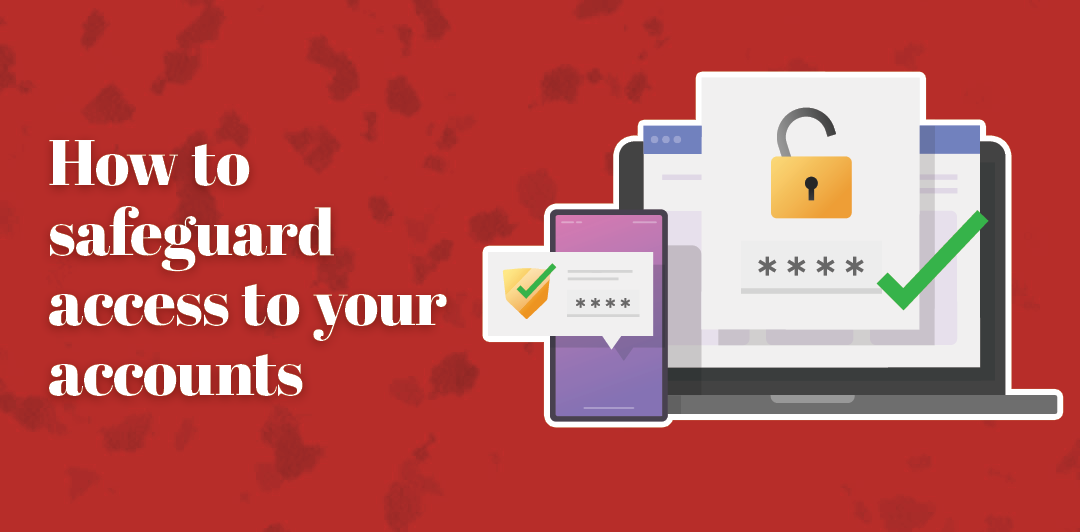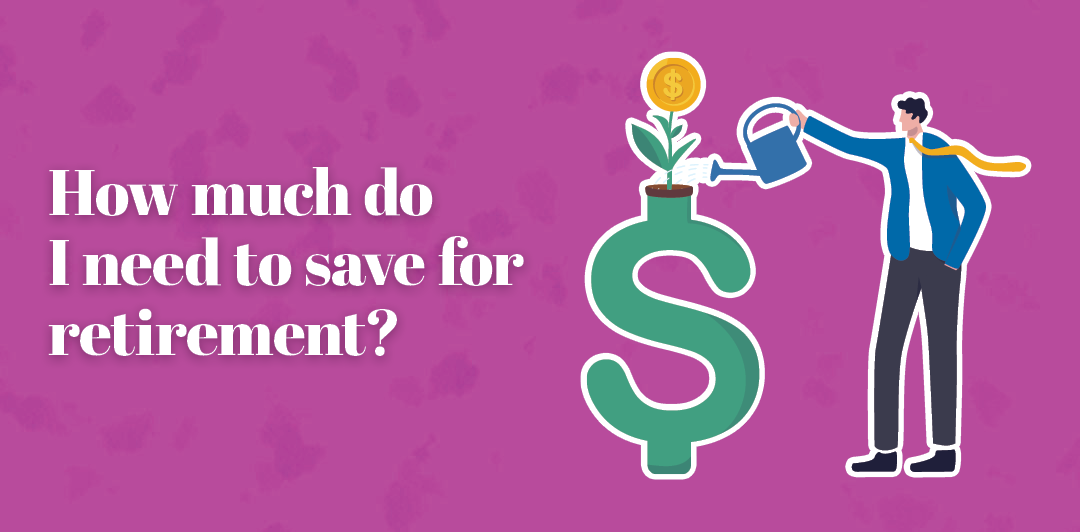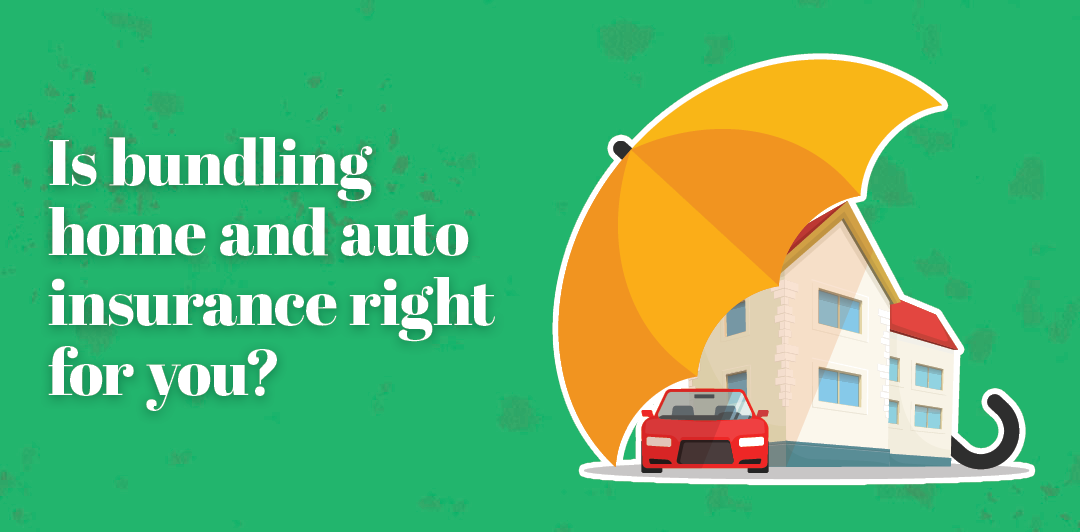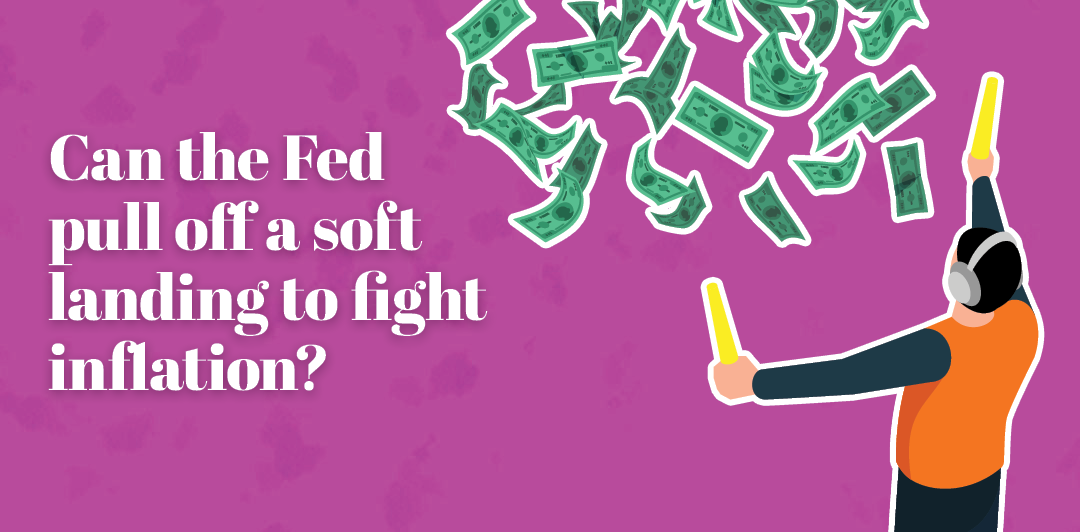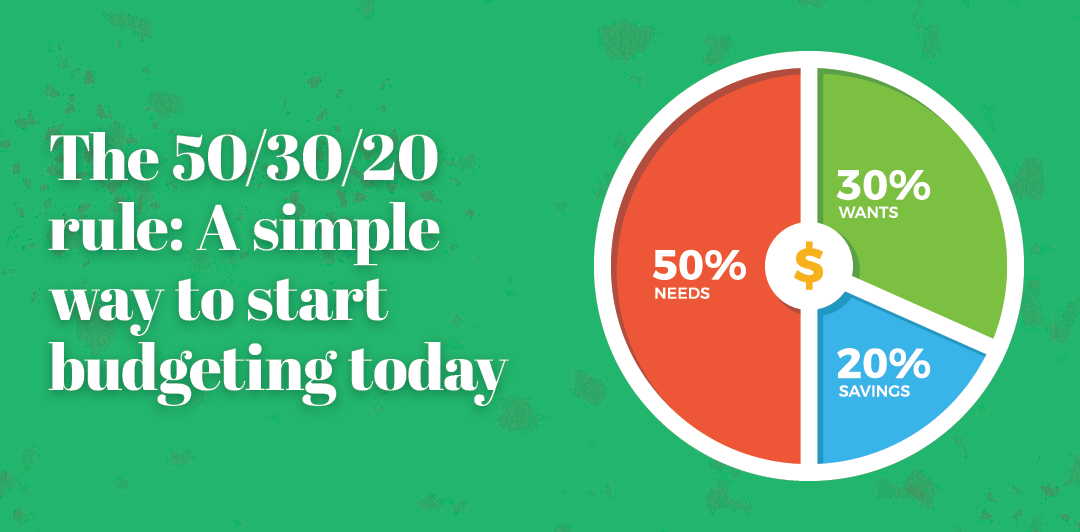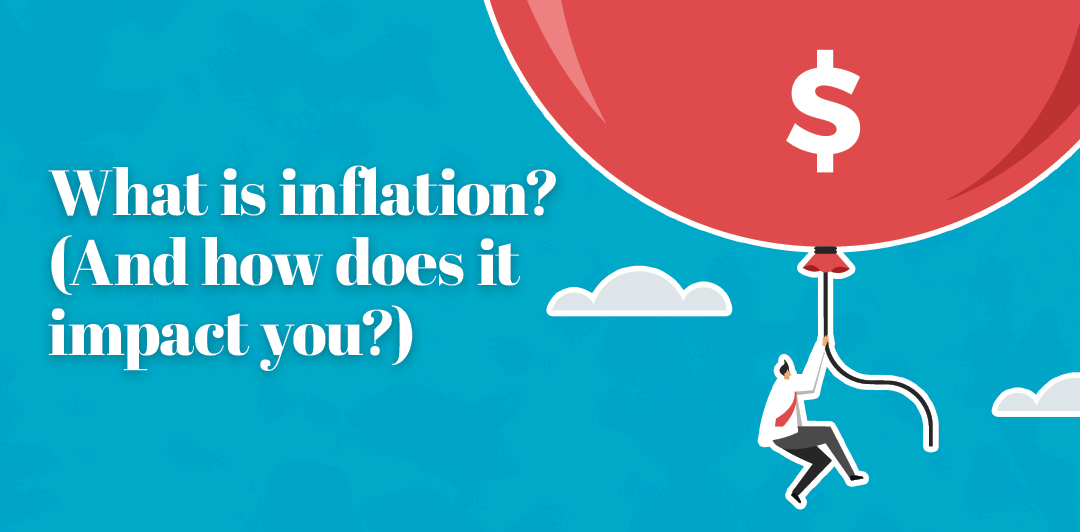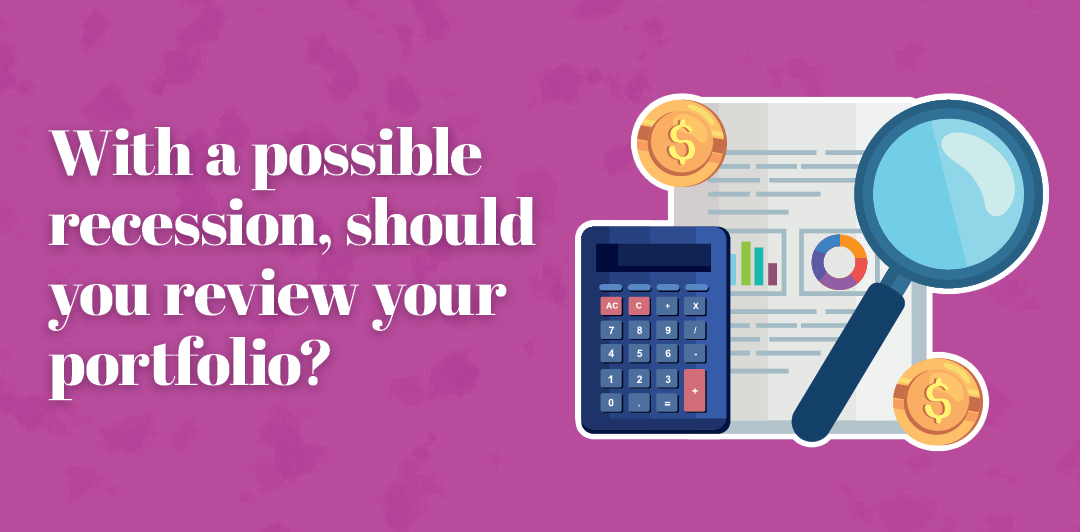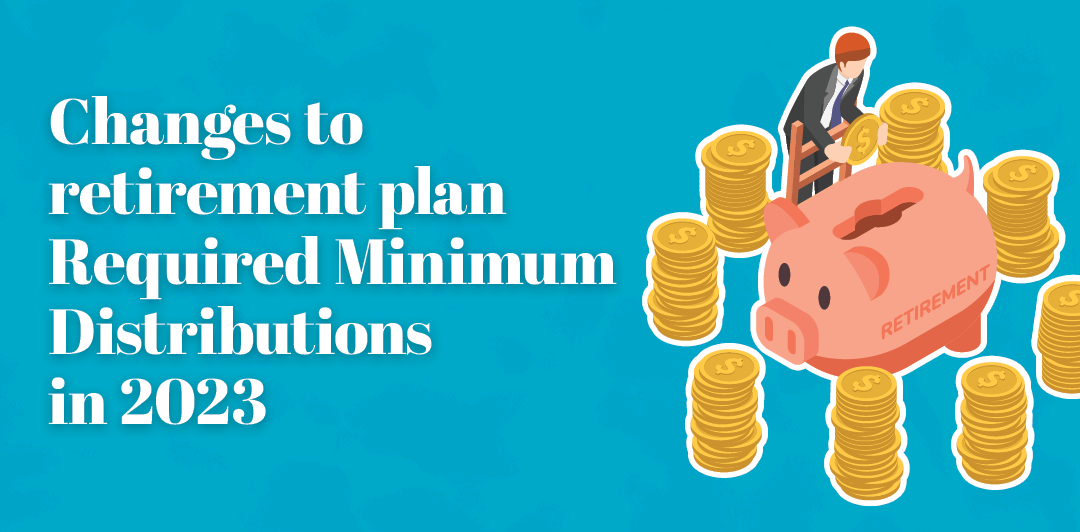


Why you totally need a checking account
In an era during which convenient financial technology tools — such as Google Pay, Venmo and Apple Pay — are all the rage, do you need a checking account? The answer is a definitive yes. Here’s why:
The answer is a definitive yes. Here’s why:
- Safety
First and foremost, the safest place for your money is at a federally insured financial institution. The Federal Deposit Insurance Corporation (FDIC) insures your money up to $250,000.
- Free check cashing
To state the obvious, most employers don’t pay you in cash. They pay you with a check or via direct deposit. Without a checking account, direct deposit is not an option. And even cashing a check can be difficult without an account. Sure, there are places where you can cash checks without having a checking account, but you’ll probably have to pay a fee.
- Paying bills is safer, cheaper and easier
With a checking account, you can pay bills via debit card, bill pay services and online transfers. And if paying via debit card is not an option, you can simply write a check. It’s generally agreed that sending cash in the mail is not safe. The cash could get lost or stolen, or the recipient could claim to never have received it (even if they did). Sure, purchasing a money order or paying bills via wire transfer are both options, but again, neither is free.
- Debit card convenience
A debit card enables you to avoid carrying around large amounts of cash. Plus, most banks offer protection in the event your card is stolen or lost. It’s not just convenient – it’s also safe.
What’s more, because many debit cards are part of the MasterCard or Visa network, you can use your debit card wherever MasterCard or Visa is accepted.
Paulo Oliveira is the assistant vice president, capital region market manager for F&M Trust
Recent Articles
Join our e-newsletter
Sign up for our e-newsletter to get new content each month.














